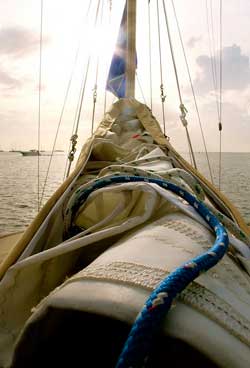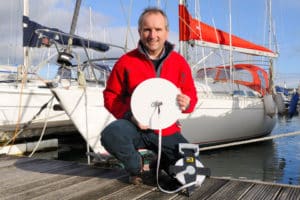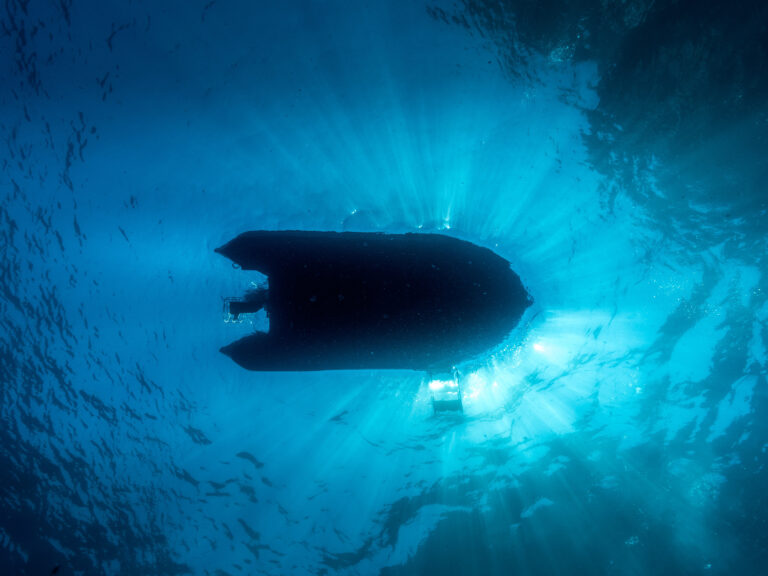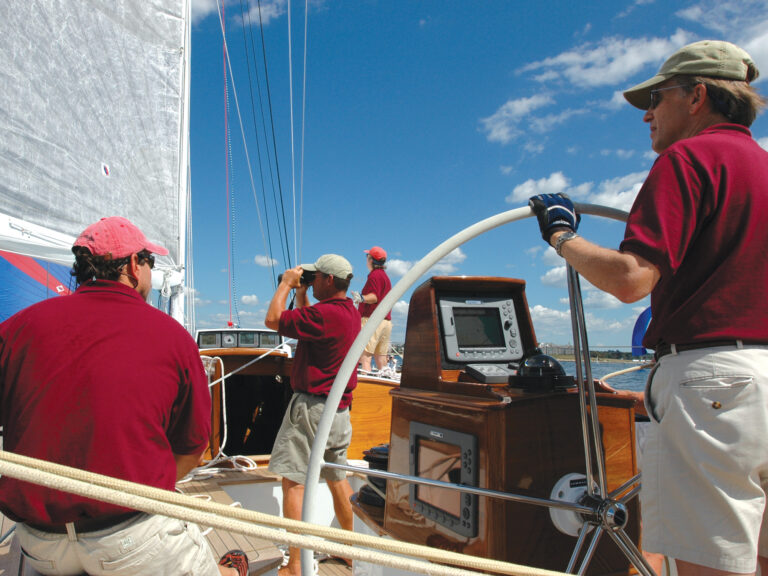
Windtraveler- sail
If you follow our Facebook page, you know Scott’s mom arrived last night and we plan on leaving the dock to cruise in the Grenadines with her for a few days. We’re so excited because having a guest is great impetus for getting the boat ready to go again, which we have been procrastinating doing for the past month. Scott and I are pretty meticulous about how we maintain our boat, but when you sit idle for 5 months, there are bound to be some areas that are neglected. Keep in mind (as in all the “Top 10” series posts), we are NOT experts and this is just what we did…if you have anything to add or notice anything critical we missed, by all means – comment and let us know!
Top 10 Things to Do to Prepare Your Boat After Hurricane Season
1. Organize, clean, and tidy up! It’s very easy to forget just how rocky and rolly a life at sea can be when you are tied up nice and cozy in a harbor! Time to get back into the ‘swing’ of things and into the habit of securing EVERYTHING. If it can fall, spill, tip over, or move it probably will at some point. Put all phones, magazines, fruit baskets, lotions, loose gear and other knick-knacks in their properly stowed places. In addition – Scott and I do a thorough cleaning. We want our boat to look good when she makes her debut, so we remove all rust, polish all brass, clean the woodwork (inside and out), vacuum the entire boat and get her all prettied up.
**
2. Check all lines and halyards for chafe.** The last thing you want to see when you raise your jib is it falling back to the deck because it was chafing on something for the past “x” months without you knowing. Scott went up the mast to fix and replace our broken spinnaker block, and while he was up there he checked for any signs of disrepair. In addition, I checked all our halyards and sheets from on deck, and everything looks ship-shape!
3. Check engine. Check the fuel filter, oil level, transmission oil and, in general, look for anything amiss. We also checked the gear box by putting the engine in forward and reverse. Obviously, run the engine and make sure the cooling system is working properly. We have heard of boats’ raw water intake hoses clogging up due to all the bottom growth, and when an engine cannot cool itself, it generally doesn’t run very long.
**
4. Run/test all systems.** This includes VHF, SSB, chart plotter, navigation lights, wind instruments, water-maker, windlass, BILGE PUMPS, and whatever else you have on your boat. Better to discover issues a few days ahead at the dock/anchor rather than underway!
5. Service winches. Have you ever serviced a winch? It’s incredible how many teeny tiny moving parts are inside those things! And tiny moving parts like to keep moving or else they have a tendency to cease (and/or rust if yours are old school like ours). If you have been sitting idle for a long time, it’s probably a good time to take apart the winches and lube them up! Also, don’t forget to test the winch handles – ours (again, old school) needed a good soaking in vinegar to remove rust and get parts moving again.
**
6. Check all safety gear.** Make sure your flares, life vests, smoke alarms, etc. are all up to par. Check batteries in headlamps and flashlights, and change them if necessary. Our fire extinguisher is somehow reading “empty”. This is no bueno, and we’ll have to remedy that sooner than later.
7. Clean the bottom. Moss does not grow on a rolling stone, but sea life and barnacles sure build up on an idle boat! It is actually shocking how much just a little growth can slow you down, so it’s very important to scrape your hull clean. Also, make sure your zincs are in good shape, and clean your prop well.
8. Exercise seacocks. We do this from time to time anyway so ours are in good shape, but it’s always a good idea to open and close them so they don’t cease up (they WILL cease up if you don’t do this). While you’re inspecting your seacocks, check the hoses and hose clamps around them to make sure nothing has loosened up, cracked or broken free.
**
9. Go for a shakedown sail.** Going out for just an hour or two to raise sails, test the motor under load, drop and raise the anchor before the “big day” can make leaving so much smoother. We did this yesterday and knowing that all systems are “go” will make leaving tomorrow morning much less nerve-wracking. On the flip side, if we had discovered problems, we’d have a cushion of time to deal with them.
10. Top up water tanks, fuel tanks, shut off shore power, untie the dock lines, and have fun!
What do you do? Have we missed anything?
Love,
Brittany & Scott
_When two people, with the same life long dream of sailing around the world find each other, there’s only one thing to do… make it happen!
Which is precisely what we, Scott and Brittany, are doing aboard our boat, Rasmus, a Hallberg-Rassy 35 which departed from Chicago September 2010! Follow along at _







